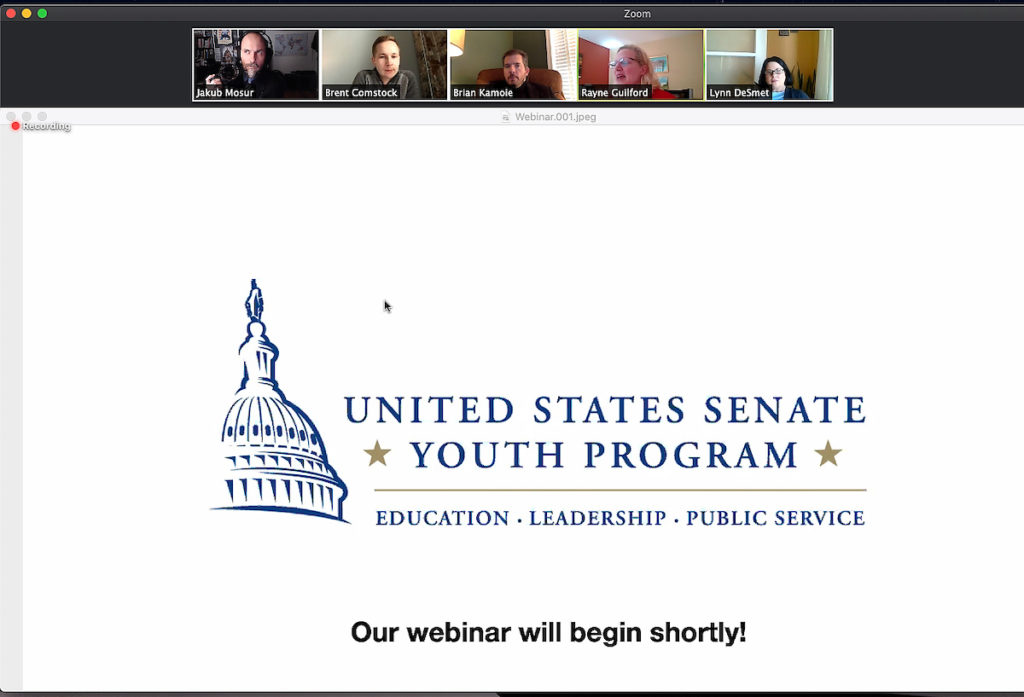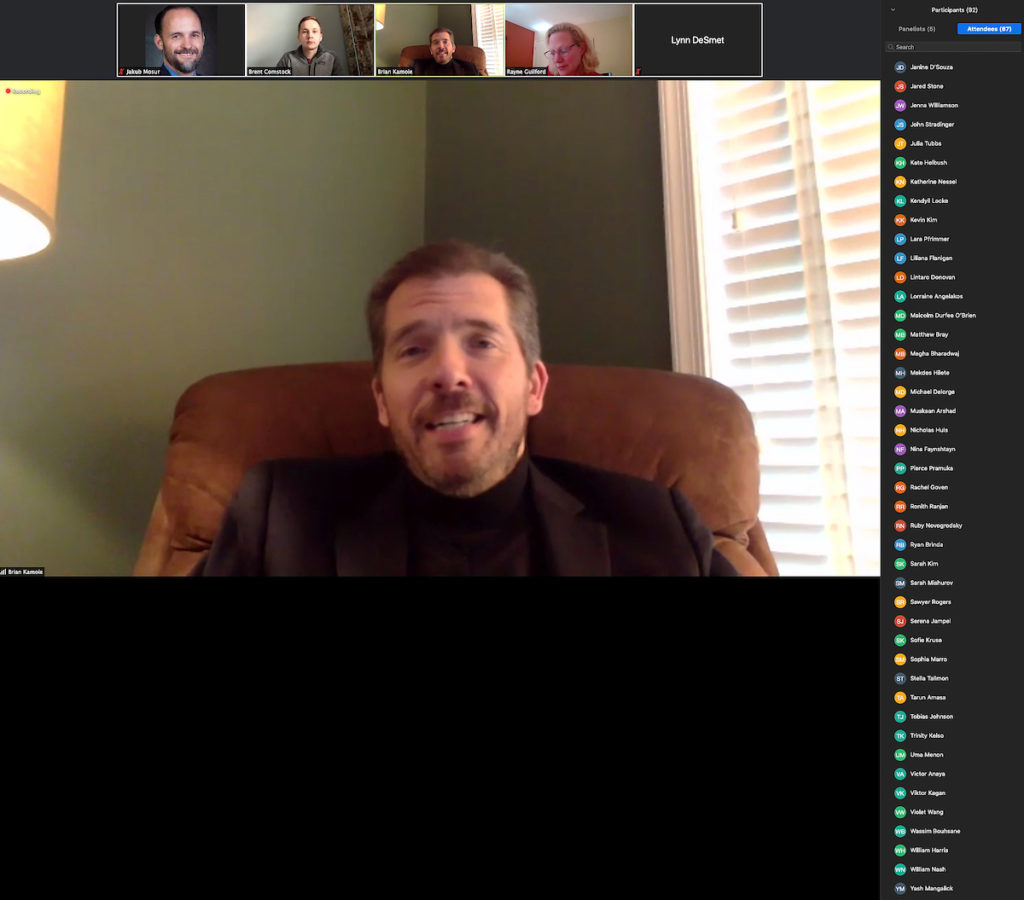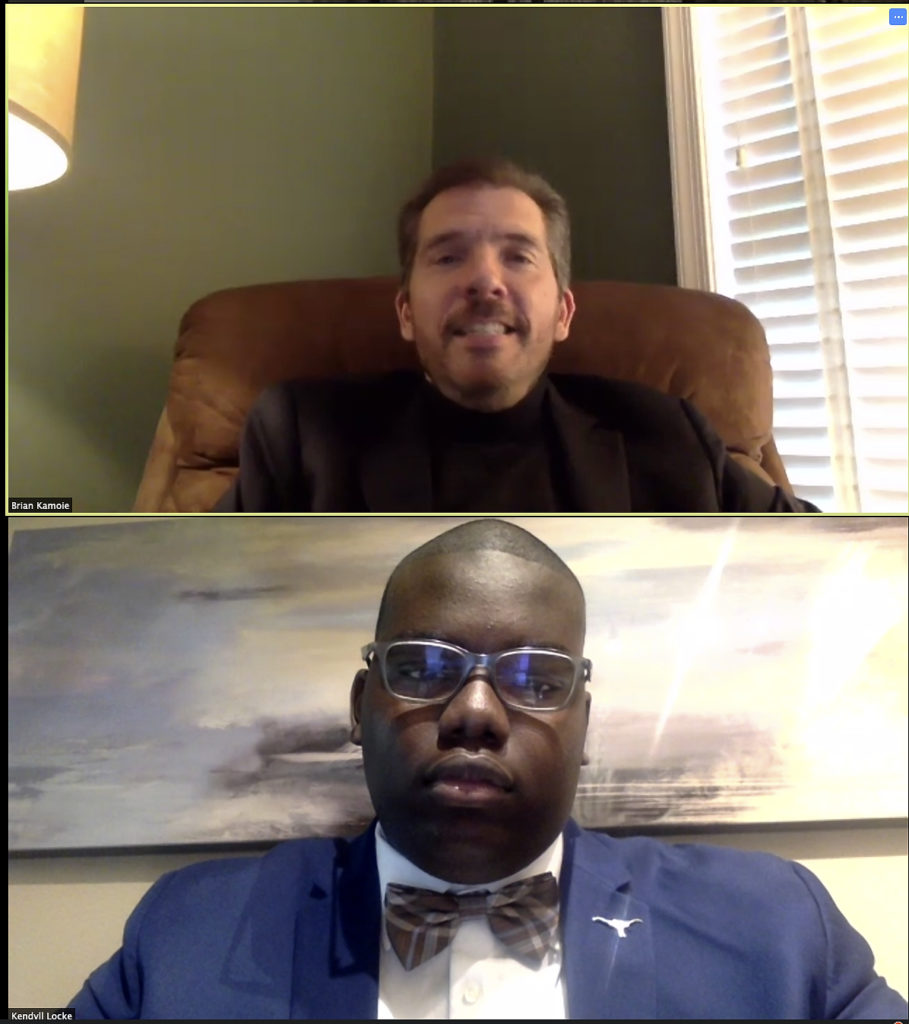
As the magnitude of the COVID-19 pandemic began to unfold, the United States Senate Youth Program (USSYP) made the difficult decision to forgo the in-person 2020 Washington Week experience for only the second time in the program’s 58-year history, the other being in 1991 after the declaration of war in the Persian Gulf.
Shortly following the decision, public health officials across the nation issued “Stay at Home” orders. All of us are now adjusting to a new way of living, learning, and working from home. In response, Washington Week ONLINE debuted on the afternoon of April 3rd, using video conferencing to recreate the formal speaking events with high-level speakers and in-depth Q and A sessions that are the intellectual hallmark of the USSYP. Through Washington Week ONLINE, keynote speakers who had been confirmed on the program’s early March agenda have been able to share their wisdom and inspiration, and 2020 delegates have had the chance to personally interact with America’s leading public servants.
Brian Kamoie, a distinguished USSYP alumnus (PA-1989) and frequent Washington Week contributor, was the first up, offering sound advice, encouragement, compassion and hands-on experience from serving in past global health crises. “First and foremost,” he began, “I want to congratulate you on your selection as United States Senate Youth Program delegates. It says a great deal about who you are, what you have already contributed to the community. All of us see in you the potential to be leaders nationally and globally going forward.”
Mr. Kamoie is currently the Department of Homeland Security Distinguished Chair of Leadership at the United States Naval Academy. Earlier in his career, he held senior positions at the United States Department of Health and Human Services and Federal Emergency Management Agency, along with serving in a key role on President Barack Obama’s National Security Council staff during the response to the 2009 H1N1 influenza pandemic.
He offered the students a personal roadmap to a fulfilling future, with three key components. Echoing a pillar of the USSYP, he urged the delegates to “Commit to serve.” As students in this time of crisis, he noted that service could take many different forms, including leadership roles in their local communities or neighborhoods caring for those in need; encouraging peers to adhere to recommended physical distancing advice; maintaining a responsible online presence, and serving in the arena of education as an online tutor to middle school and early high school peers in core subjects while schools are closed.
His second piece of advice, “Think big and take bold action,” has served him well. He urged delegates to think outside the box and advocate for solutions where they see a need. “I know you do that in your schools and communities right now, but the problems we face are getting larger, more complex, and more interconnected.”
His third mantra is, “Commit to learning how to learn.” Throughout your career and your life, he said, you will face situations where you do not have all of the requisite background knowledge to effectively make decisions. Therefore, the quicker you can understand a new issue, the more effective you can be. He gave two examples from his tenure on the White House National Security Council staff, during the Deepwater Horizon oil spill in the Gulf of Mexico and the tsunami-related nuclear disaster in Fukushima, Japan. Both were unexpected crises of enormous magnitude that called for quick ramp-up of technical knowledge.

Brian Kamoie (PA-1989) speaks to USSYP 2020 Delegates
Mr. Kamoie summarized the evolution of the COVID-19 pandemic to date. Deploying science and empathy, he stressed the seriousness of the situation and offered specific examples of how individuals can help flatten the deadly curve, most importantly through social distancing while scientists develop a vaccine.
Delegates then had their chance to take the microphone, and a typically invigorating USSYP live Q and A took place for the first time in a virtual setting. The first question portrayed the humanity of the delegates, “What are some steps we, as leaders in our community, can take to help during this crisis?” asked Arkansas delegate Muskaan Arshad. “Reassure your peers that we can get through this,” advised Mr. Kamoie, “Be kind. Be helpful. And be on the lookout for those friends and acquaintances who may be struggling. Reach out proactively,” he suggested.
Several questions, including one from New Jersey delegate Alexander Chon, addressed the mental health impact of the pandemic and Mr. Kamoie agreed that this issue should never be overlooked. “People’s anxiety is really off the charts, and I hope that community resources are being made available,” he said. In the meantime, he noted, “Hopefully, people are being kinder to one another, but it is a devastating challenge.”

Brian Kamoie responds to a question from Kendyll Locke (TX-2020)
Texas delegate Kendyll Locke asked questions about the use of a national lockdown to mitigate the pandemic, while New Mexico delegate Cambria Barnes echoed the sentiments of many in looking toward navigating a return to a more normal life, asking about the specific steps that would make society’s reopening safer. Megha Bharadwaj of North Dakota underlined the dramatic economic impact that this crisis has already had on families, and discussion ensued regarding the first part of the just-passed emergency economic stimulus package. Mr. Kamoie noted that many more steps may be needed.
With an eye to history, Malcolm Durfee O’Brien of Nebraska asked, “What lessons will we learn from COVID-19?” Immediately Mr. Kamoie stressed that a valuable lesson will be the importance of investing in preparedness. He acknowledged that budget constraints will always be raised, but COVID-19 shows the critical need for comprehensive preparation.
At the close of nearly two hours, Mr. Kamoie charged each delegate to reflect on the words that opened the discussion. “Commit to serve. Think big. Commit to learning how to learn.” “Most of the power to stop the spread of this disease rests with people,” he assured. “So, a gentle reminder to us all to try and be kind and be helpful,” and to look for “what you can do as a leader to help your peers navigate this historic time.”
© Photos by Jakub Mosur and Erin Lubin
